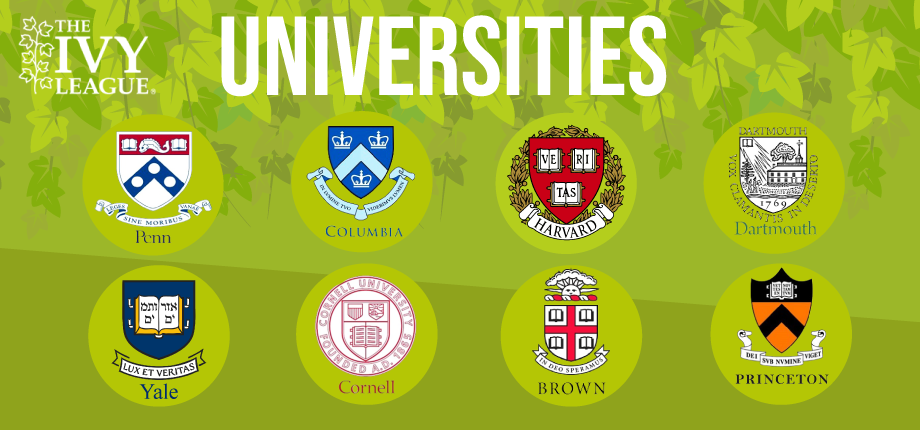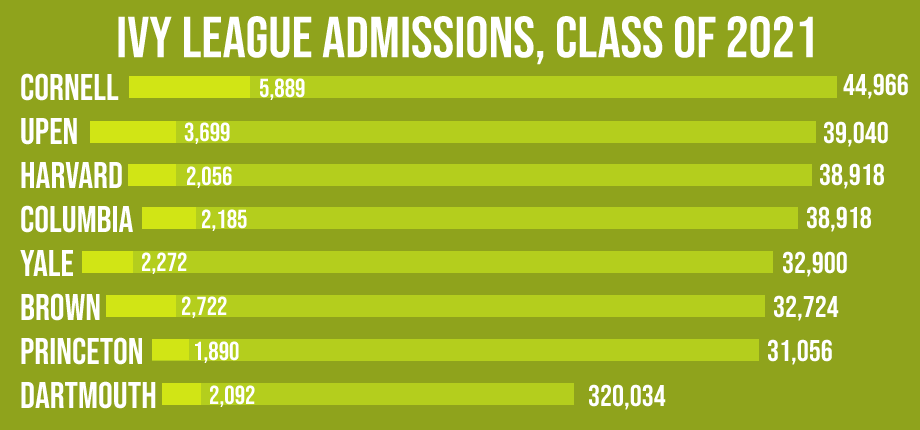Ivy League Colleges: Best Schools to Study in the US!

If you are pursuing to study in the US, you have probably investigated their top-ranked universities and their ivy league colleges. You probably also heard about them in different sources, since they are well-known and respected in every field.
Therefore, you must be familiar with the term “Ivy League” but, what exactly does “Ivy League” mean?
Ivy League Colleges: What You Need to Know About Them
According to most historians, we owe this term to Caswell Adams. He was writing an article about the Columbia/UPenn football game in 1937. When he wasn’t allowed to cover his alma mater, he complained about the old “Ivy-covered” universities, which led him to call them “Ivy League.”
He used this name because some of the older universities followed the European style, covering their buildings in ivy. Even to this date, it’s common to find them covered in this plant.
 Which Are the Ivy League Universities?
Which Are the Ivy League Universities?
Ivy League universities started as a group of eight competitive athletic colleges. As their teams attracted more funding, their standards for student performance became more challenging and demanding.
Consequently, they gained an extensive reputation for their graduates with high academic performances and promising career futures. Even today, they maintain their status as some of the best universities in the US.
These elite universities are:
- Harvard University (Massachusetts)
- Yale University (Connecticut)
- Princeton University (New Jersey)
- Columbia University (New York)
- Brown University (Rhode Island)
- Dartmouth College (New Hampshire)
- University of Pennsylvania (Pennsylvania)
- Cornell University (New York)

What Are the Benefits of Studying at These Elite Universities?
It’s no secret that most students want to study in these colleges, and it’s easy to know why. Obtaining a degree from any of them will help students in their professional careers, and it will give them a lot of opportunities for their future.
They dominate several fields, like Medicine, Law, Business, and Engineering, and they also have among their graduates many Nobel Prize winners. Thus graduating from an Ivy League university gives a high social and professional prestige.
However, studying in these universities is very expensive, and their admission process is extremely competitive.
Nevertheless, they are not the only great option to study in the US; several other colleges and universities offer quality education and have lower tuition costs, so, when deciding which school to apply to, you should consider the ones that best fit your academic and economic needs.





